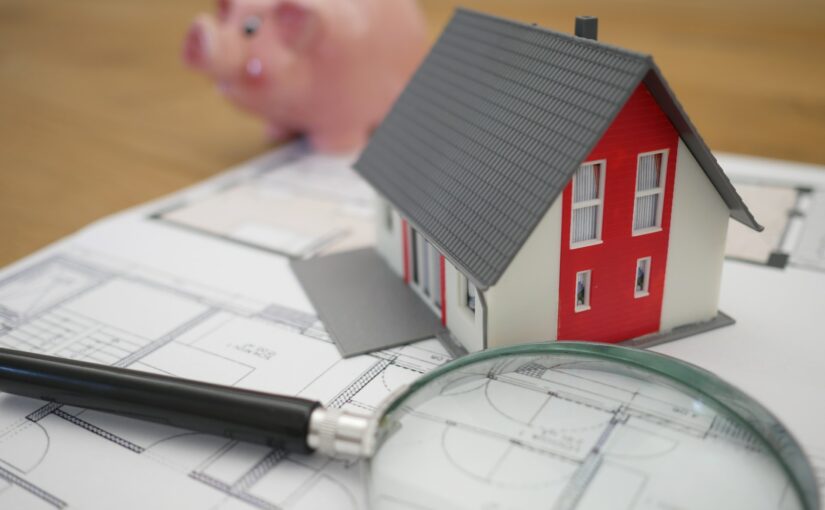As a homeowner, you need to know that the property and the structure require maintenance and repair over time. There are unusual and strange events that could damage your home, yet they are not covered by the insurance.
Maintenance is predictable, but massive repair issues such as a non-functional septic tank and a falling roof could be troublesome if funds are limited. Read on to understand how you can fix your house problems with no money.
Home remodel loan
Home remodel loans are unsecured loans offered by financial institutions such as credit unions and banks and online lenders. Since these loans are normally unsecured, you are not required to use your home as security to qualify. The interest on a home remodel loan is based on your credit score as established by the lender. After agreeing to the terms, the lender will quickly deposit the funds into your account.
Home remodel and repair loans have lower fees and short repayment timelines compared to HELOCs and home equity loans. They are suitable for medium-size and small home repair projects such as window replacement, reinstalling a broken fireplace, and a bathroom makeover. However, because they are unsecured, these loans attract a higher interest than HELOCs and home equity loans, especially if your credit rating is low.
Some loans attract application processing fees, prepayments, and late repayment charges, so you need to be careful when choosing this financing option.
Before applying, compare the different loan lenders to identify the one with competitive fees, lower interest rates, quick payouts, and friendly terms of repayment.
Use a cash-out option to refinance
Some home repairs such as mold remediation, roof replacement, and ponding, and grading issues require urgent attention but are quite costly. You may consider the cash-out option to get the money fast and lower the interest on your home loan. Refinancing is all about swapping a loan with another loan, especially under the mortgage agreement. A cash-out option is ideal for financing a costly home repair and can act as a way of securing a new and better mortgage. You can use the additional mortgage money to cover the repairs.
With the cash-out refinancing option, you will have to pay for origination fees, appraisal fees, taxes, and related costs. Refinancing translates to extending the loan repayment period, so this option is only ideal for securing a lower rate of interest. To illustrate the refinancing option, if the outstanding amount on your mortgage is $200,000, you can take out a $250,000 loan. The initial $200,000 will replace the previous balance and the difference ($50,000) is available in cash. Interest is payable on the entire amount, but it is easier to access funds on demand.
Find community aid or government assistance
If the home damage is caused by a natural disaster, you may qualify for financial help under the Federal Emergency Management Agency (FEMA). Otherwise, you may check your eligibility for a community aid program in your area. Some local agencies and states offer grants and loans to homeowners for home repairs, although you must adhere to income requirements to qualify. Research your options through the Urban development and the U.S. department and understand their terms and conditions.
Being stuck with expensive home repairs may be overwhelming and stressful but exploring options may help you to avoid swiping your credit card. A credit card interest is higher than interest on HELOC, community loan, government loan, and home equity loan.
Leverage home equity
The portion of the home that you own is an excellent option for paying for emergency home repairs. 20% equity can qualify you for either a home equity line of credit (HELOC) or a home equity loan. With the equity line of credit, interest on the loan is payable only to the extent of the repair cost. For instance, if you borrow $30,000 HELOC and the home repair costs $26,000, the interest on the remaining $4,000 will not apply since this is not part of the loan. However, with a home equity loan, you borrow some amount and pay interest on the sum.
HELOCs and home equity loans are simple to qualify for, and their interest is lower than that attached to other types of loans. These options are a great first resort, especially if you are having difficulties financing a repair. Other financing options such as the home tap could enhance access to a loan in cash in exchange for sharing your home’s appreciation. The lender will make money as your property appreciates and shares the loss if the property value declines. Either way, monthly payments are not required as in the case of the ordinary home equity loan.
Credit cards
Credit cards are ideal financing options for doing minor repairs such as installing a closet system or upgrading your bathroom. Some cards attract no interest in the first few months, which is a good reward for someone struggling to raise repair funds. With an introductory interest-free card, you may finance the home improvements free of interest. Other cards come with cashback rewards depending on the amount spent on renovation- spending more on renovation could earn you more cash back.
Using a credit card to finance major repairs is not advisable because of the need to pay the balance before the expiry of the introductory offer. Otherwise, it could attract a high-interest rate compared to what applies to other home remodeling loan options. Additionally, using a regular credit card means that you must pay the whole amount within thirty days. The interest rates vary, and the amount payable as interest may go up with the shift in market conditions.
Conclusion
The choice of financing options when doing home repairs depends on the extent of damage, credit rating, and the terms and conditions of the financier. With the above financing options, it is easier to fix your home even when you have no money. Do some research before seeking financing because different financiers have varying terms and conditions. Do the repairs as soon as the damage occurs since waiting for too long could be more expensive.
Author Bio:

Leon Collier works for a well-known UK-based dissertation service where he is a blogger and academic. He takes up every new topic as a challenge and goes the extra mile to make the paper satisfactory. Other than writing, his interest is in reading books and playing tabletop games with his friends. You can reach him via Twitter @LeonCollier12.
Photo by Tierra Mallorca on Unsplash

